Intersectionality and Its Role in Social Justice Movements
Think of your identity like a collection of puzzle pieces. There’s a piece for your race, one for your gender, maybe others for sexual orientation, religion, ability, and so on. Intersectionality is the recognition that these puzzle pieces don’t sit neatly apart; they overlap and interlock, influencing each other.
This might seem abstract, but here’s why it matters immensely:
- The Limits of One-Size-Fits-All Solutions: A policy intended to help women might unintentionally create further disadvantage for women of color. Understanding intersectionality prevents oversimplified solutions.
- Seeing the Invisible: Someone who is white, male, able-bodied, and wealthy holds a very different position within society than a woman of color with a disability. Intersectionality illuminates experiences often marginalized in mainstream narratives.
- Power Dynamics: The idea of oppression isn’t just about individual acts; it’s about systems built on intersecting factors like race, gender, and class, often going back centuries.
Intersectionality in Action
Let’s make this real: Imagine a protest for fair wages for garment workers. An intersectional approach reminds us that the majority of those workers worldwide are women, often women of color, and may also be immigrants. Their struggles are uniquely layered – it’s not just about labor rights; it’s also about gender and racial discrimination.
Kimberlé Crenshaw, a legal scholar, coined the term ‘intersectionality’. It emerged from Black feminist movements recognizing that Black women’s fight for equality couldn’t be separated from either race or gender. Their concerns were distinct from both white women and Black men at the time.
Where Do You Fit In?
Understanding intersectionality isn’t about placing yourself in a neat category. It’s about:
- Being Aware: Notice your own position in society. What privileges do you hold based on aspects of your identity? Where might you have blind spots?
- Listening and Learning: Actively seek out the voices of those with different lived experiences than your own.
- Advocacy with Awareness: Support social justice movements, but do so with an understanding of the complex needs of different groups within those movements.
The Power of Intersectionality
Think about a traffic intersection. Many paths cross, sometimes colliding. Intersectionality is our traffic light in social justice – letting us understand how to navigate with fairness, ensure everyone’s safety, and prevent the same people from always getting stuck at a red light.
Take Action
Ready to apply this knowledge?
- Research: Learn more about Kimberlé Crenshaw’s work. She’s a brilliant guide into these concepts.
Intersectionality isn’t just a buzzword; it’s a powerful tool for dismantling systems of inequality that affect us all. By understanding its importance, you’re not just becoming more aware; you’re becoming a better advocate for a just world.
Why Should You Care?
- Better Understanding of the World: Intersectionality helps us see the complex ways inequality affects people with different identities, offering a more accurate picture of society.
- Stronger Advocacy: Understanding how oppression operates on multiple levels makes you a more effective ally for ALL marginalized groups.
- Personal Growth: Examining your own privilege and blind spots can foster greater empathy and a stronger sense of social responsibility.
Key Takeaways
- Our various social identities (race, gender, class, etc.) are interconnected and shape our individual experiences.
- Intersectionality is crucial for avoiding one-dimensional approaches to social problems and ensuring no one gets left behind.
- Understanding intersectionality helps us see our own position in society and advocate for justice more effectively.
Keywords and Definitions
- Intersectionality: The interconnected nature of social categories (race, gender, class, etc.) and how they create overlapping systems of discrimination or disadvantage.
- Social Justice: The concept of a fair and just society where everyone has equal opportunities, rights, and access to resources.
- Oppression: Systematic mistreatment of a group based on their social identity, often supported by institutional power.
- Privilege: Unearned advantages held by certain groups in society based on their identities.
- Marginalized Groups: Groups repeatedly excluded from mainstream society and decision-making, made vulnerable by intersecting forms of discrimination.
- Kimberlé Crenshaw: American scholar who coined the term intersectionality and pioneered its application in legal and social contexts.
- Black Feminism: A movement highlighting the unique experiences of Black women and challenging sexism within the fight for racial equality and vice-versa.
- Identity: How a person defines themself, including aspects like race, gender, sexual orientation, religion, and more.
- Advocacy: Action in support of a cause, particularly for marginalized communities.
- Blind Spots: Areas where, due to our own social position, we lack awareness or understanding.
Frequently Asked Questions
- Isn’t focusing on specific groups the opposite of unity? Intersectionality means recognizing that different groups within a movement have unique needs to ensure EQUITY, not erasing difference.
- Can a privileged person truly understand intersectionality? It’s a process. The goal isn’t guilt but acknowledging privilege, listening to those affected, and using your position to help dismantle inequality.
Myth Buster
- Myth: Intersectionality is only for academics. Reality: It’s a tool anyone can use to better understand the world and their place in it.
Let’s Talk
- Think about an example where someone’s experience was shaped by multiple aspects of their identity (positive or negative).
- How can intersectionality help us build stronger coalitions between different social justice movements?
- What’s one thing YOU are willing to do today to deepen your understanding of intersectionality?
Let’s keep the conversation going – share your thoughts in the comments below!
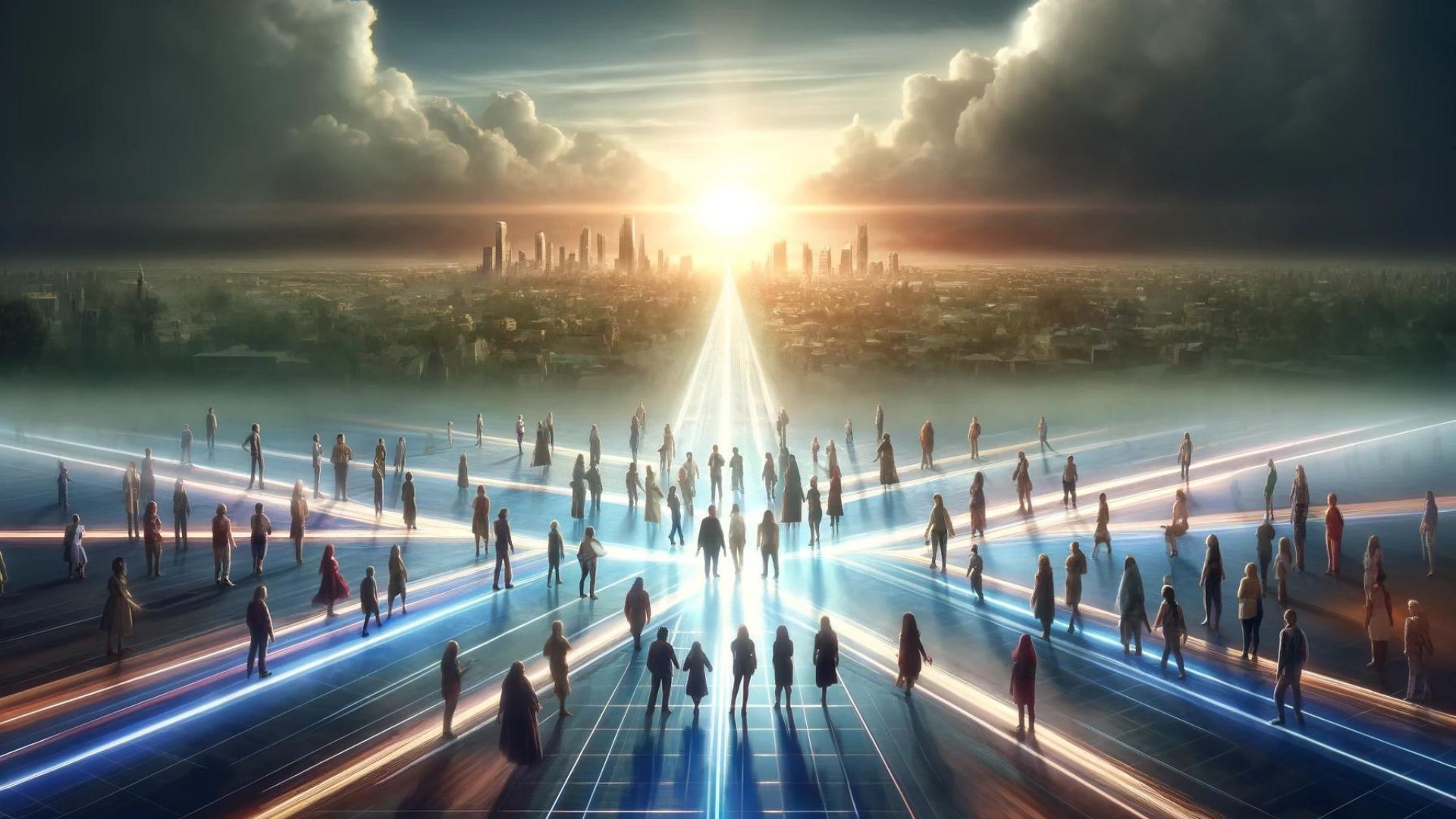



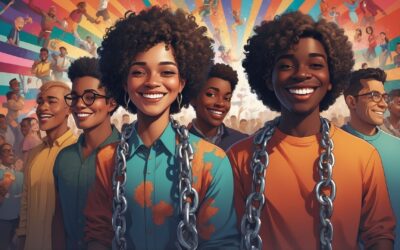
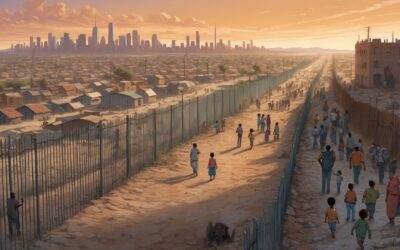



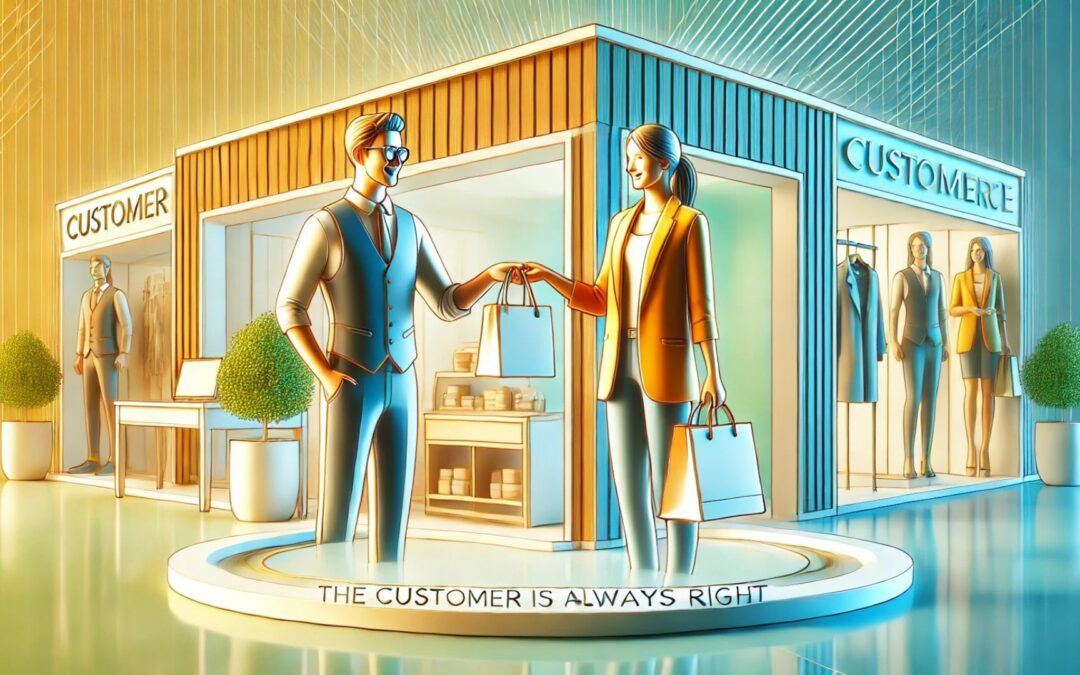
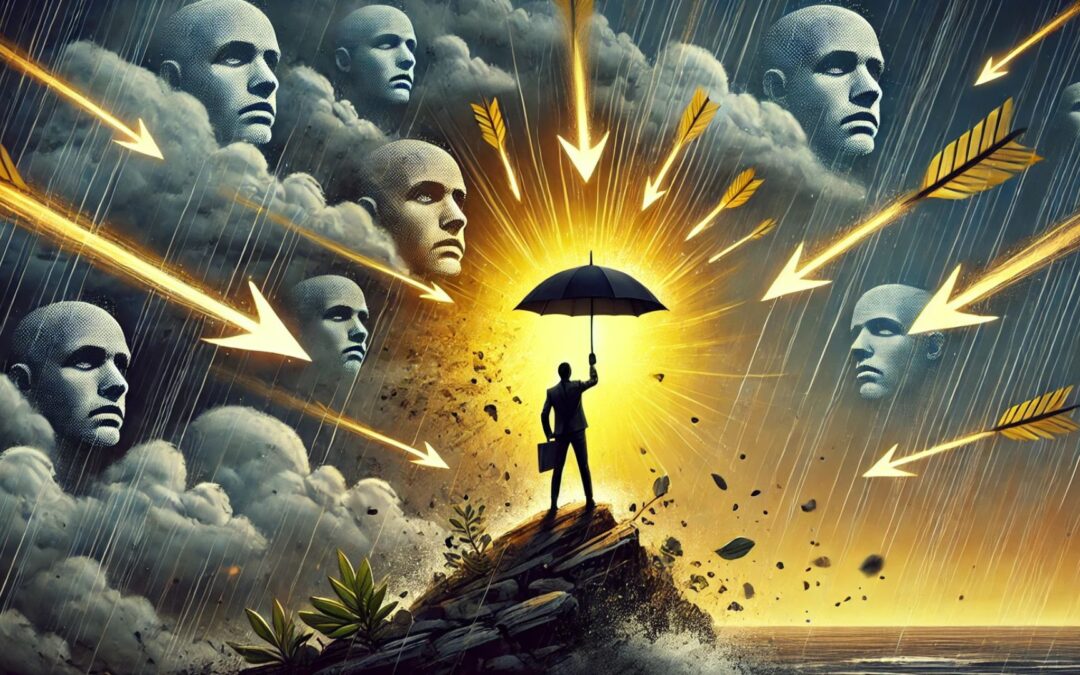
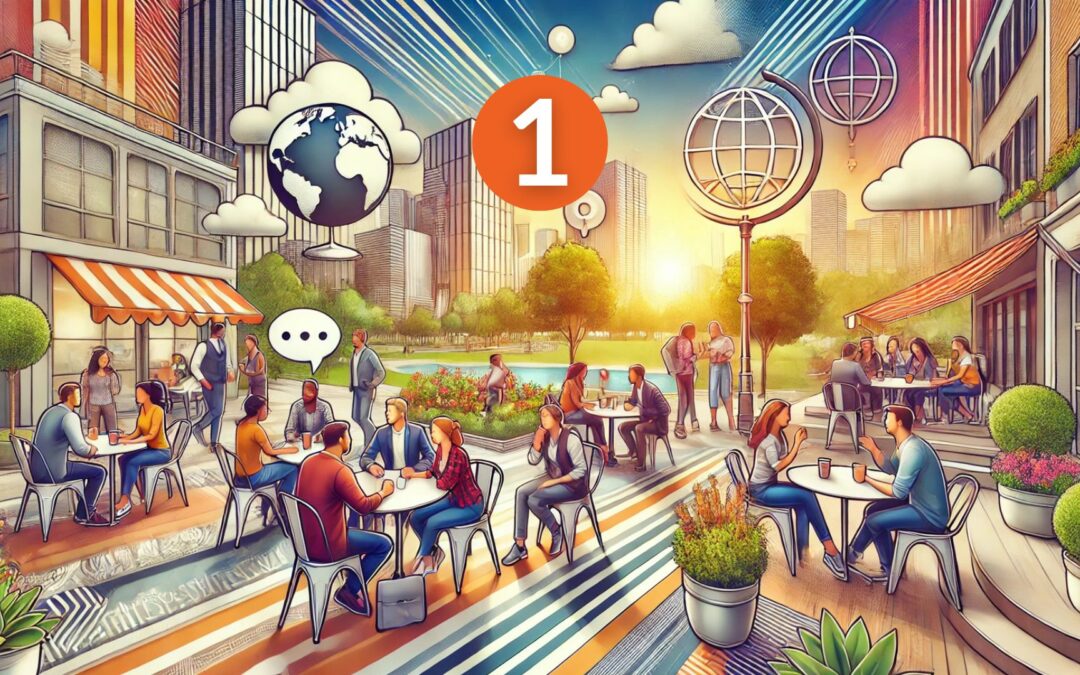
0 Comments